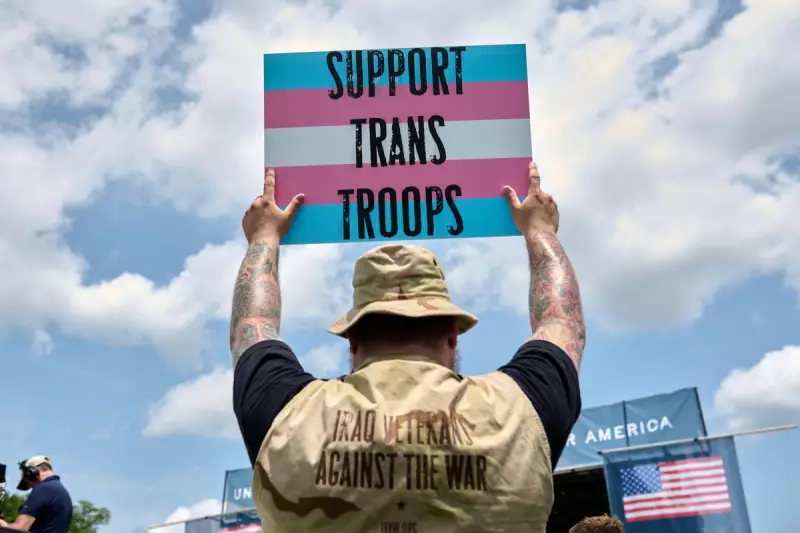
In a move that signals a return to his previous administration's contentious policies, former President Donald Trump has pledged to reinstate the ban on transgender individuals serving in the US military. The announcement, made during a campaign rally, has reignited a fierce debate over equality and military readiness.
The cornerstone of his argument hinges on the diagnosis of gender dysphoria. Trump asserted that allowing personnel with this diagnosis to serve would compromise national security and the effectiveness of the armed forces. He characterised the military under the current administration as being distracted by what he termed 'social experimentation'.
A Policy of the Past, A Promise for the Future
The original ban, first announced by Trump via Twitter in 2017, was a hallmark of his first term. It was subsequently reversed by President Joe Biden on his first day in office in 2021. Biden's executive order deemed the prohibition discriminatory, asserting that it deprived the military of vital talent and was inconsistent with American values.
Trump's latest promise is a direct challenge to that policy reversal. He framed his position not as discriminatory, but as a necessary measure to maintain a 'focused and lethal' fighting force. This stance is expected to become a key talking point for him on the campaign trail, appealing to his conservative base.
Reactions and Repercussions
The pledge has been met with swift condemnation from LGBTQ+ advocacy groups and Democratic lawmakers. They have labelled the proposed ban as a cruel and bigoted attempt to marginalise a community that has served with honour.
Military experts and officials remain divided. Some have echoed Trump's concerns about potential medical complications and readiness, while numerous studies and current Pentagon leadership have found that inclusive policies have no negative impact on military cohesion or capability.
This announcement ensures that the rights of transgender Americans will remain a deeply polarising issue as the next presidential election approaches.






